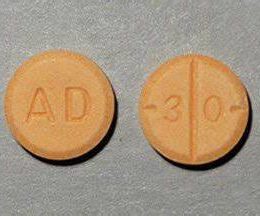-
×
 LSD Gel Tabs 350 Ug |
1 × $364.00
LSD Gel Tabs 350 Ug |
1 × $364.00 -
×
 Lizard King Magic Mushrooms For sale
1 × $147.00
Lizard King Magic Mushrooms For sale
1 × $147.00 -
×
 Generic Cialis 1
1 × $217.00
Generic Cialis 1
1 × $217.00
Cocaine hydrochloride should only be given to pregnant women if clearly needed. Cocaine is classified as FDA pregnancy risk category C (adverse effects in animals but insufficient human data).
Cocaine is excreted in breast milk and may cause adverse effects in the nursing infant. The American Association of Pediatrics recommends against the use of cocaine during breastfeeding. Due to the potential for serious side effects in the nursing infant, it is recommended that nursing be discontinued during cocaine use.
What is the dosage for cocaine hydrochloride-topical?
- The dose should not exceed 1 mg/kg. The dosing of cocaine is variable and is based on numerous factors including the area to be anesthetized, individual patient tolerance, vascularity of the tissue, and anesthetic technique.
- The lowest possible dose should be utilized to achieve effective anesthesia.
- Dose reductions should be utilized in children, the elderly, and debilitated patients.
-
Common side effects of cocaine include:
- dizziness,
- nervousness,
- restlessness,
- nausea, and
- unusual feelings of well-being.
Serious side effects may include:
- fever,
- mood changes,
- seizures,
- breathing difficulties,
- vomiting, and
- prolonged numbness around the area of application. Cocaine hydrochloride can be administered by means of cotton applicators, packs, sprays, or instilled into a cavity

















